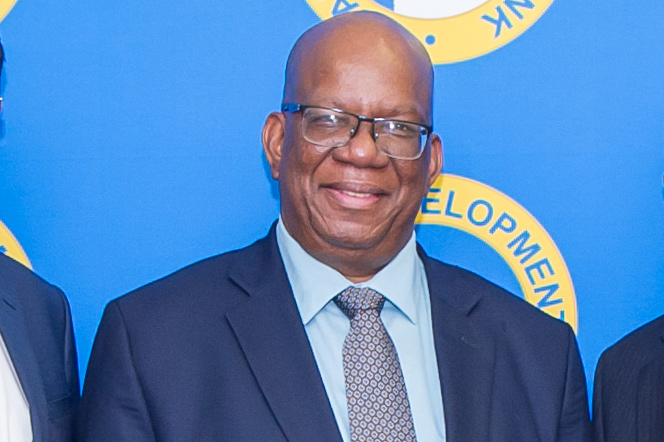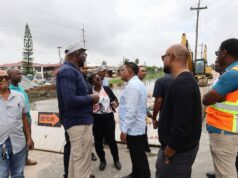Former Finance Minister Winston Jordan has expressed concern over what he describes as the government’s reckless approach in handling Guyana’s natural resources, warning that the country’s future generations will be shortchanged.
During an appearance on “The Countdown”, hosted by Andrew Weekes, Jordan, who served as Finance Minister under the A Partnership for National Unity + Alliance for Change (APNU+AFC) government, bemoaned the ruling People’s Progressive Party/Civic (PPP/C)’s allocation of land to foreign investors to open gold mines.
He emphasised the importance of long-term planning, arguing that such ventures would have been more strategic once oil production began to taper off. By then, Guyana could rely on a diversified economy and affordable electricity to drive development. At that point, he said, the country would be in a stronger position to capitalise on its gold reserves, negotiate more favourable terms, and still allow space for foreign investment if needed.
He added that with cheap electricity from natural gas, Guyana could have pursued value-added activities. “And we could have smelt our gold using our cheap electricity and so on. We have to think about the next generations to come. But all we are doing now is digging out everything today. Everything today!”
Jordan observed that even if the government insisted on moving ahead with gold extraction, the current surge in global prices should have prompted a more strategic approach. At such a time, he questioned the rationale behind the administration’s choices.
“Wouldn’t it have better if you had owned that gold mine? And you had invited foreign ownership on a fifty-fifty, 60/40 or whatever the case may be. But instead, you just give it away,” he said.
The former minister argued that Guyana is left with only “scraps” in royalties from foreign investors.
Turning his attention to the oil sector, the former minister underscored that Guyana has significant reserves, with enough oil to last “30 to 40 years” at the current extraction rate.
“I believe quite honestly that we are being fooled, and we are doing nothing about it – about how much oil has really been discovered, especially the last six to eight discoveries. So, all that 11.6B barrels that they’re telling us, I believe you could double or triple that. So we got oil there…”
Against this backdrop, Jordan stressed that now would be an opportune time to save other resources for the future, instead of exploiting all simultaneously.











